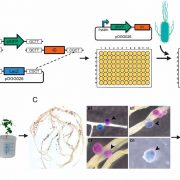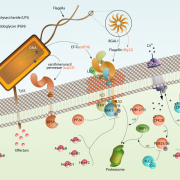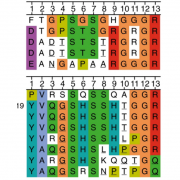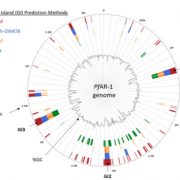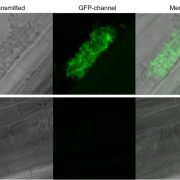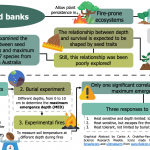Extracellular proteolytic cascade in tomato activates immune protease Rcr3 (PNAS)
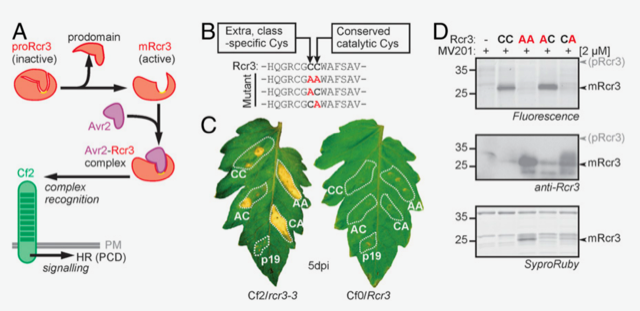 The plant apoplast is a sea of immune-related proteins that facilitate robust defense against pathogens. Rcr3 is a tomato secreted apoplastic protease that contributes to both basal defense and gene-for-gene resistance against pathogens. Rcr3 is activated by the cleavage of its autoinhibitory prodomain, and it has been considered that the catalytic activity of Rcr3 is required for its maturation. Paulus et al. however, found that catalytically inactive Rcr3 can be matured and functional in plants. The authors screened for other proteases that process Rcr3 and identified a subtilisin (SBT), P69B, from tomato apoplastic fluid. P69B cleaves Asp residues of Rcr3 in vitro and is required for Rcr3 processing in tomato plants. The maturation of Rcr3 is dispensable for gene-for-gene resistance processes but potentially required for basal defense against pathogens. Interestingly, the oomycete pathogen P. infestans secrets effector proteins that inhibit multiple SBTs, possibly as a strategy to overcome Rcr3-mediated plant immunity. Furthermore, a distantly related SBT in N. benthamiana, and probably other SBTs, can also process Rcr3, suggesting that the activation of Rcr3 by SBT may be widespread across the plant kingdom. This study demonstrates the first proteolytic cascade in the plant kingdom, illuminating robust apoplastic immune signaling. (Summary by Tatsuya Nobori @nobolly) PNAS 10.1073/pnas.1921101117
The plant apoplast is a sea of immune-related proteins that facilitate robust defense against pathogens. Rcr3 is a tomato secreted apoplastic protease that contributes to both basal defense and gene-for-gene resistance against pathogens. Rcr3 is activated by the cleavage of its autoinhibitory prodomain, and it has been considered that the catalytic activity of Rcr3 is required for its maturation. Paulus et al. however, found that catalytically inactive Rcr3 can be matured and functional in plants. The authors screened for other proteases that process Rcr3 and identified a subtilisin (SBT), P69B, from tomato apoplastic fluid. P69B cleaves Asp residues of Rcr3 in vitro and is required for Rcr3 processing in tomato plants. The maturation of Rcr3 is dispensable for gene-for-gene resistance processes but potentially required for basal defense against pathogens. Interestingly, the oomycete pathogen P. infestans secrets effector proteins that inhibit multiple SBTs, possibly as a strategy to overcome Rcr3-mediated plant immunity. Furthermore, a distantly related SBT in N. benthamiana, and probably other SBTs, can also process Rcr3, suggesting that the activation of Rcr3 by SBT may be widespread across the plant kingdom. This study demonstrates the first proteolytic cascade in the plant kingdom, illuminating robust apoplastic immune signaling. (Summary by Tatsuya Nobori @nobolly) PNAS 10.1073/pnas.1921101117


